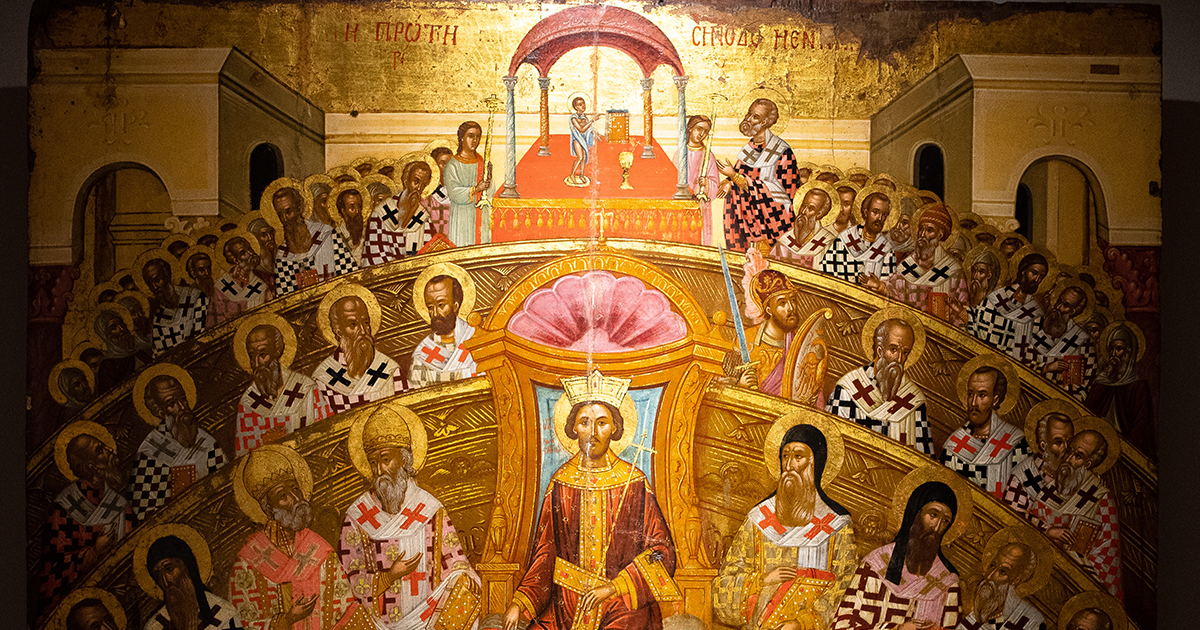
The root of the word “heresy” is a Greek word meaning “to choose for oneself.” While modern use does not match this, it does help Christians today understand the concern of the Early Church. The heretic chose his doctrine for himself. He did not take what was handed down by the church, from Christ through the apostles. Instead, he chose for himself what he would believe and teach.
Pondering the original meaning of “heretic” is an opportunity for Western Christians to reflect on how they approach their own beliefs. Should Christians choose a church because it fits their preferences or because it most clearly adheres to the teachings of God’s Word?
In truth, heresies matter because those who spread them still attack our churches and influence our culture. The August issue of The Lutheran Witness takes up the topic of heresies. It discusses ancient heresies such as Arianism and Eutychianism as well as modern heresies such as the Prosperity Gospel or Moralistic Therapeutic Deism. Each article explains the history of the heresy, its primary problems and how we find it in modern thought.
In his column, LCMS President Rev. Dr. Matthew C. Harrison reminds readers, “The basics of the faith are very simple, thank God. And we thank God that even though many dear Christian people believe all kinds of silly and non-biblical things, they still cling to the simple message that ‘I’m a sinner, and Jesus is my Savior.’ ”
Visit cph.org/witness to subscribe; enjoy web-exclusive stories and a selection of articles from the print magazine at witness.lcms.org.
Posted Aug. 15, 2023
